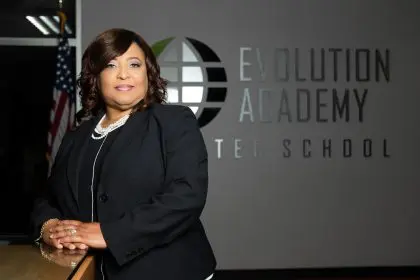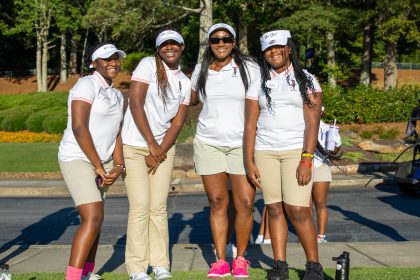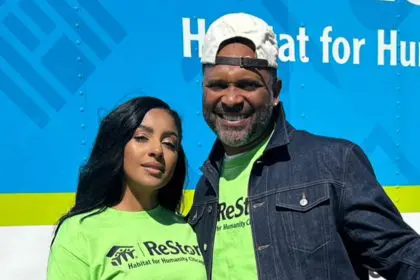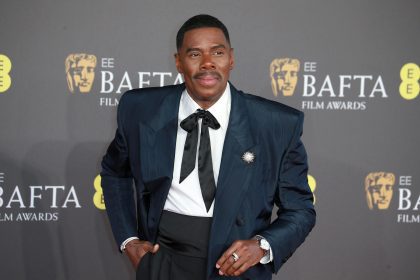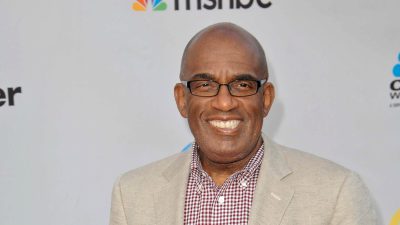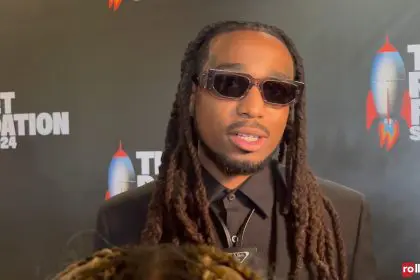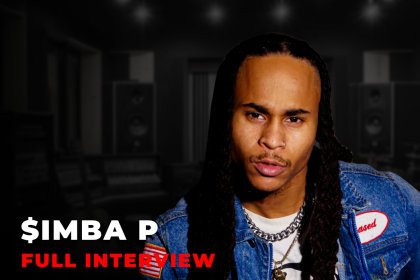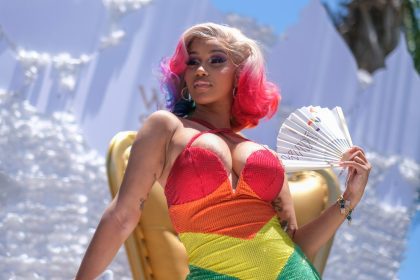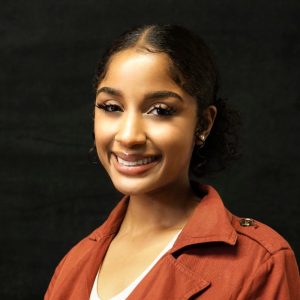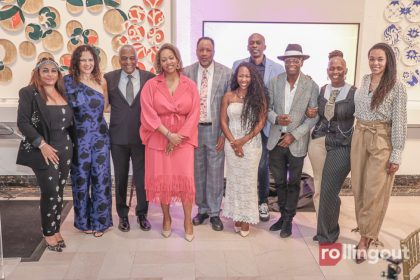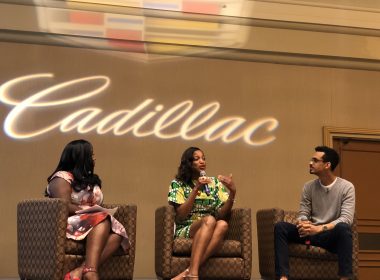Once a non-verbal teenager from Atlanta, Marcus Boyd has transformed into an international speaker and advocate for autism.
Diagnosed with autism spectrum disorder at the age of 10, Boyd faced a challenging journey marked by foster homes, mental institutions, and bullying. Despite the odds, he found his voice and sense of self through music production, composing, and education.
Today, Boyd is a beacon of hope for those with autism. He recently spoke to rolling out, sharing his testimony and encouraging others to embrace their greatness.
Q: From childhood to becoming an autism advocate, what was that journey like?
A: I’m from Atlanta, and I was diagnosed with autism on April 12, 1993. I was 10 years old at Clifton Springs Mental Health Center in Decatur, Georgia. My journey was different. My parents had many children, and my biological father struggled to understand my differences. I was nonverbal until I was almost 14 years old and didn’t start speaking at a normal level until I was nearly 18. I went to many different doctors in two different states who all said the same thing: that I would never talk, read, or take care of myself. I was on various medications at different times in my life, some of which zombified me. I was also bullied, and currently, I deal with cyberbullying.
Q: When did you start on your path?
A: I started when I was almost 18, and even then, I was still in speech therapy. I had to break free of self-pity, learn to read, and deal with the emotional trauma of being unwanted by my family.
Q: What helped you find your voice and led you to where you are today?
A: It was a slow process. I had speech therapists and supportive teachers in school. I was introduced to music by a group of up-and-coming producers in East Point, which helped me find myself in my autism.
Q: What achievement helped you realize how far you have come?
A: In 2022, I received the Lifetime Achievement Presidential Award and the Humanitarian Award. Coming from the projects, receiving such recognition was life-changing.
Q: What is your drive behind being a motivational speaker?
A: I share my testimony for free because I want to touch at least one person. I aim to show [autistic] people they can overcome challenges and achieve greatness.
Q: How do you feel like music has been a healing component for you?
A: Music saved my life. It allowed me to express myself and be patient with myself. Listening to a song called “Ghetto Superstar” by Bando Jonez, also known as Lil’ Corey, helped me through suicidal thoughts.

